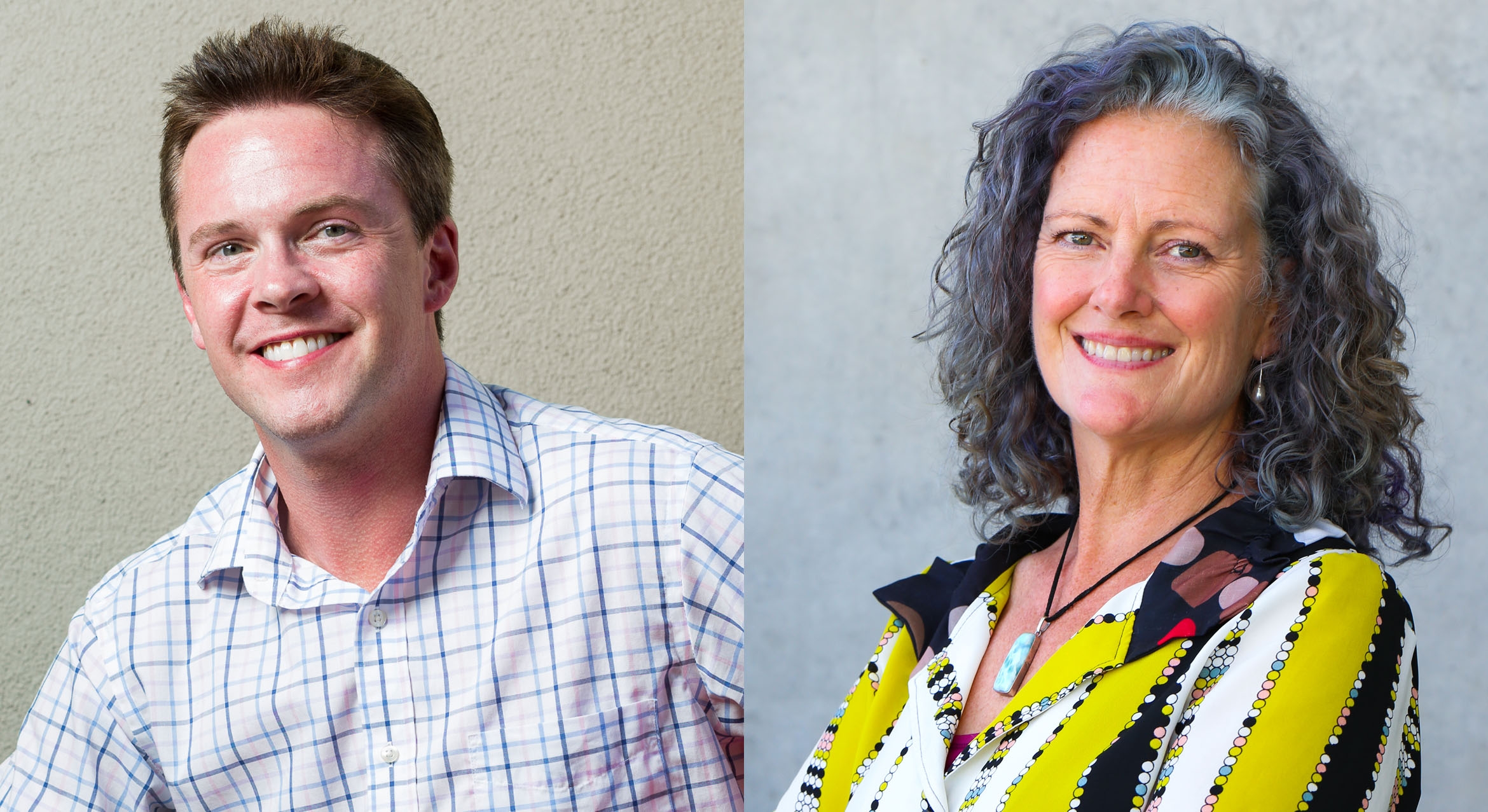After dealing with multiple cases of the H1N1 "swine flu" virus in late spring and early summer, UC Santa Barbara health officials are preparing for what could be a second wave of the influenza this fall.
The H1N1 pandemic has produced low-level, sporadic cases of the flu on campus, without any serious complications for students or staff, according to Dr. Elizabeth Downing, UCSB's campus physician and director of the Student Health Service. There have been no deaths due to the virus in Santa Barbara County, according to county health officials.
"As we prepare for the start of the fall quarter, one issue of concern for our campus community is the prospect of a challenging flu season, with anticipated increases nationwide in the number of cases of H1N1 flu," said UCSB Chancellor Henry T. Yang in a message sent to all faculty and staff members. "I want to assure you that our campus has been planning carefully for the months ahead." Campus health officials, he added, have been working diligently "to implement the latest recommendations from the Centers for Disease Control and Prevention (CDC) and the Santa Barbara County Public Health Department."
UCSB Student Health officials meet regularly with officials from the Santa Barbara County Health Department to discuss the H1N1 pandemic and monitor its progress in the county. This strain of H1N1 appears no more virulent than most seasonal flus, Dr. Downing said. While few cases were reported at UCSB in August, the campus expects to see increased numbers this fall, consistent with what is happening in communities and colleges throughout the country.
"For many years, UCSB has had emergency plans in place to address wide-ranging campus issues and health concerns," Dr. Downing said in a statement to the campus issued jointly with Michael Young, vice chancellor for student affairs. "We have extended these preparedness efforts in order to respond to the H1N1 pandemic."
With classes set to begin next week, Student Health officials will be distributing "Tips on Staying Healthy" fliers to incoming freshmen and to other students in campus residence halls, as well as student residences in Isla Vista. The Student Health Web site (http://studenthealth.sa.ucsb.edu/) includes timely updates on the H1N1 flu situation, as well as numerous health links and videos. Flu Paks containing over-the-counter medications, tissues, hand sanitizer, a reusable thermometer, and mask will be available for purchase ($8) in residence halls and at the Student Health Service.
"We strongly encourage all members of the UCSB community to take the standard precautions adopted during the flu season –– and to play an active role in our public health prevention efforts," the statement said.
Public health precautions recommended for students, faculty, and staff include:
· As much as possible, avoid contact with ill persons.
· Cover your nose and mouth with a tissue or your sleeve/elbow when you cough or sneeze; avoid touching your eyes, nose, and mouth.
· Throw used tissues in the trash.
· Do not share food, drink, or utensils.
· Wash your hands with soap and water frequently and thoroughly –– particularly after you cough or sneeze –– or use an alcohol-based gel.
(Reminders about the importance of hand washing have been posted in all restrooms and other locations on the campus.)
The majority of individuals who contract H1N1 will not need medical treatment, Dr. Downing said. Faculty, staff, and students who are ill with the flu should remain at home or in their rooms for 24 hours after they are free of fever. A mild, lingering cough, barring other flu symptoms, should not prevent students from returning to class.
The CDC recommends that all students receive a vaccination for seasonal flu. All students with Student Health Insurance Plans (SHIP) are entitled to a free seasonal flu shot. In addition, courtesy of the Student Fee Advisory Committee, there will be 1,000 doses of the vaccine available to non-SHIP students at no cost on a first-come, first-served basis.
The CDC has also placed individuals younger than 24 in the top priority group for receiving the novel H1N1 vaccination when it becomes available. More information will be forthcoming about how and when this vaccine will be provided to students.
Campus health officials emphasize that expanded opportunities for flu immunizations in Santa Barbara this year will be available through many pharmacies and retail stores, Santa Barbara County Public Health Department, Cottage Hospital, Sansum Clinic, and private health-care providers. Check the Web sites of these organizations for additional information.
Related Links
Student Health Service
Centers for Disease Control and Prevention
Santa Barbara County Public Health



